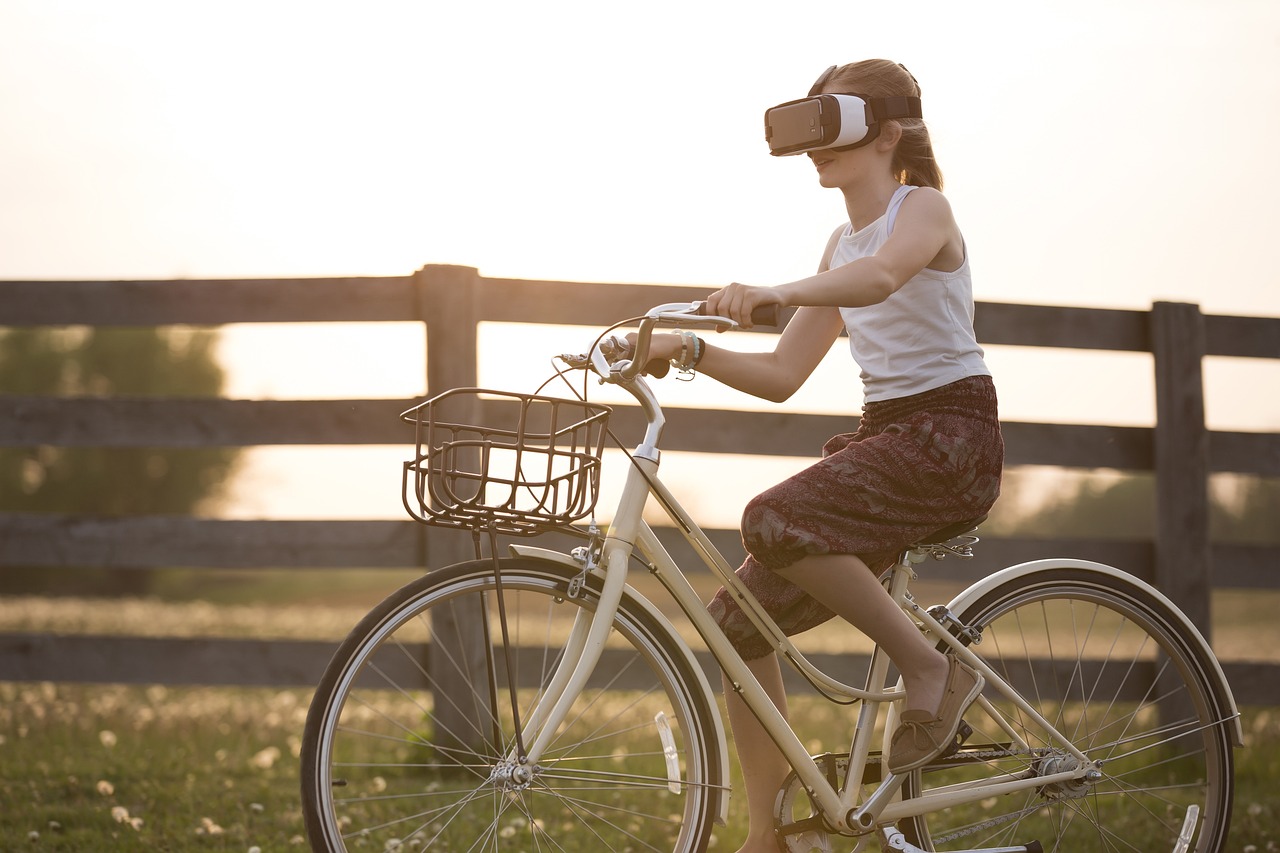How Is Virtual Reality Revolutionizing Training and Education?
Virtual Reality: A Paradigm Shift in Training and Education
Virtual Reality (VR) is reshaping the landscape of training and education, offering immersive and interactive experiences that transcend traditional learning methods. The transformative potential of VR is evident across various domains, heralding a new era of experiential learning.
Immersive Learning Environments
Beyond Classroom Boundaries
VR transcends physical constraints, transporting learners to simulated environments. It enables immersive experiences, from historical settings to complex scientific simulations, enriching educational content.
Experiential Learning Opportunities
VR facilitates hands-on learning by allowing users to interact with 3D models, simulations, and scenarios. Learners gain practical experience and problem-solving skills in a safe and controlled environment.
Enhanced Engagement and Retention
Immersive Engagement
The interactive nature of VR captivates learners, fostering higher engagement levels compared to traditional methods. Increased engagement enhances information retention and knowledge transfer.
Memory Encoding and Recall
Immersive experiences in VR aid memory encoding through multisensory stimuli. This enhances memory recall, improving the retention of complex concepts and procedural knowledge.
Personalized and Adaptive Learning
Tailored Learning Paths
VR platforms offer personalized learning experiences. Adaptive algorithms analyze learner behavior to tailor content, pacing, and difficulty levels, catering to individual learning styles.
Real-time Feedback and Assessment
VR systems provide instant feedback and performance analysis. Educators track progress and identify areas for improvement, facilitating personalized guidance and support.
Skill Development and Training Simulations
Professional Training Simulations
VR simulations replicate real-world scenarios for job training across industries. From medical procedures to aviation simulations, VR enhances skill development in a risk-free environment.
Soft Skills and Communication Training
VR fosters soft skills development by simulating interpersonal interactions. Learners practice communication, teamwork, and leadership skills in virtual scenarios.
Accessibility and Inclusivity
Overcoming Accessibility Barriers
VR mitigates accessibility challenges by providing inclusive learning environments. It accommodates diverse learners, including those with physical limitations or in remote locations.
Cultural and Global Learning
VR transcends geographical boundaries, enabling cultural immersion and global collaboration. Learners engage in cross-cultural experiences, fostering a deeper understanding of diverse perspectives.
Challenges and Future Prospects
Technological Advancements
Continued advancements in VR technology, including increased affordability, higher resolutions, and haptic feedback, will further enhance immersive experiences.
Ethical and Psychological Considerations
Ethical guidelines and psychological research are vital to address concerns regarding VR’s impact on mental health, addiction, and ethical dilemmas in immersive environments.
Conclusion: Unlocking Learning Potential through VR
Virtual Reality’s transformative impact on training and education is undeniable. Its ability to create immersive, interactive, and personalized learning experiences is revolutionizing the way individuals acquire knowledge and skills. As VR technology evolves, it holds the promise of further enhancing educational methodologies and shaping the future of learning.
Author








